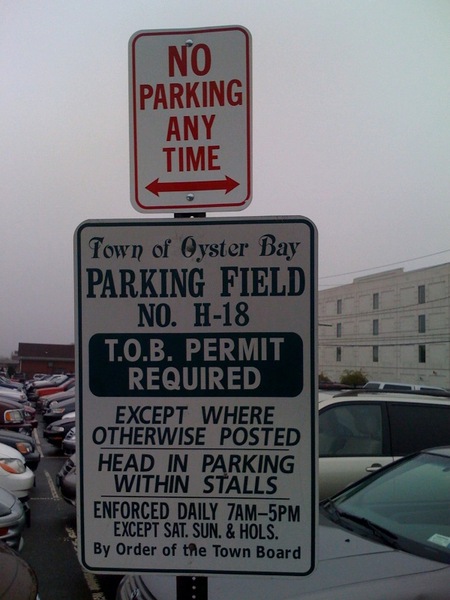!= is not equal, and ! is not. ?! Dubious move, NYT.
Classic style manuals generally decree that exclamation points be used sparingly. "But e-mails seemed from the start to require different punctuation," said Lynne Truss, the author of "Eats, Shoots & Leaves: The Zero Tolerance Approach to Punctuation." "As if by common consent, people turned to the ellipsis and the exclamation point. There must have been a reason for this. My theory is that both of these marks are ways of trying to keep the attention of the reader. One of them says, 'Don't go away, I haven't finished, don't go, don't go,' while the other says, 'Listen! I'm talking to you!' "
"Since the advent of e-mail, I have personally started all my messages with a yell," she said. "Instead of 'Dear George,' I write, 'George!' My belief is that when we read a printed page, we engage an inner ear, which follows the sense, the voice and the music in a linear way. We sort of listen to the writer. Whereas on a computer screen, we tend to pick out bits of information and link them for ourselves. The exclamation point is a natural reaction to this: Writers are shouting to be heard."
Unsurprisingly, the literati are particularly sensitive to, or particularly defensive about, the use of the exclamation point. "I'm definitely guilty of abusing it in e-mails," said Jennifer Egan, whose book "A Visit From the Goon Squad" won this year's Pulitzer Prize for fiction. And she notes a curious rebound effect: "The more exclamation points you use, the more you need to use in order create an impression of exclamation."
"I have long tried to swear off them," said Peter Godwin, whose book "When a Crocodile Eats the Sun: A Memoir of Africa" detailed life in his native Zimbabwe. "I think they are the literary equivalent of canned applause. I hate the way they jostle you, and the way they prescribe, 'Dear reader, be amazed!' And while we're on the subject, there's the '?!' one-two combo. I suppose it is trying to say, 'My question is jokey,' or 'I'm embarrassed to ask it in the first place.' "
Diana Abu-Jaber, author of the memoir "The Language of Baklava," indulges in a prodigious use of exclamation points, with a chaser of self-flagellation. "It's sort of ironic and damning, considering what a total literary snob I fancy myself," she said. "It might have something to do with my new life of texting 20-year-old baby sitters. I think there's also a connection to having a non-native-speaker parent -- that whole thing of shouting to be heard."
A sense of punctuation may be imprinted in childhood, the way the Inuit heroine Smilla has a "sense of snow" in Peter Hoeg's novel "Smilla's Sense of Snow." "I think I first got interested in the exclamation point while watching the old Batman TV show as a kid. Kablam! Kapow!" said Meg Wolitzer, whose most recent novel is "The Uncoupling." "In a way, the cartoon aspect of this emphatic spatter of punctuation has stayed with me. I still feel a little uneasy when I use it, although I sometimes do use it because it feels appropriately sprightly."
"There's a case to be made that the exclamation point is the adverb of punctuation; if you have to put it in, then maybe the sentence didn't do its job," she said. "Then again, I'm also highly uneasy about ever using italics. If the exclamation point is the adverb of punctuation, then italics are the Ambien of typography. I guess my only rule is to use the exclamation point sparingly, like adverbs, italics and cortisone cream."
Walter Kirn, author of "Up in the Air," sees no reason to curb his enthusiasm. "The text message and the exclamation point are made for each other, and I'm glad they finally found each other," he said. "They're both one-note forms of communication, without music, without connotation and atmosphere, but they do have their uses."
"To me, there's no more shame in filling text messages with exclamation points," he added, "three at a time, if necessary, than there is in using strings of expletives while arguing politics at an Irish pub."
Continue reading "Punctuation ~=, !=, /=, =/=, or <> uninformed by compsci or chess " »





